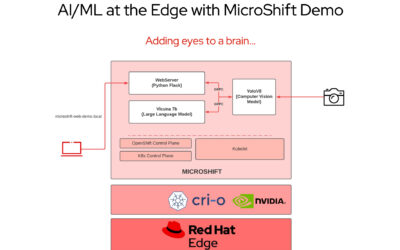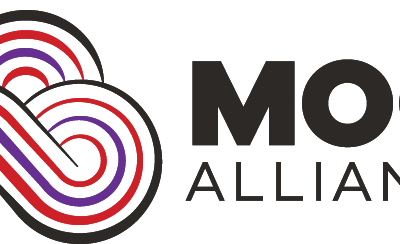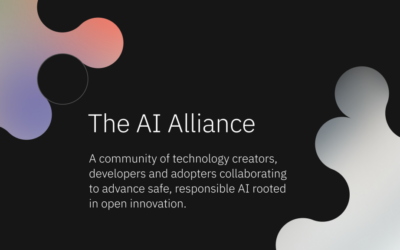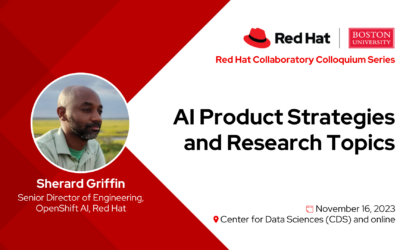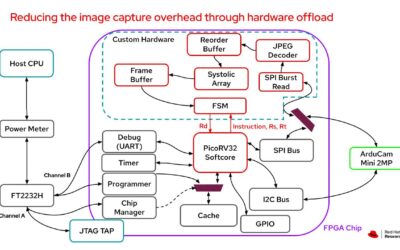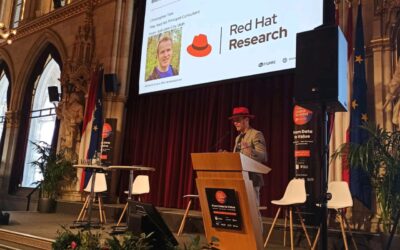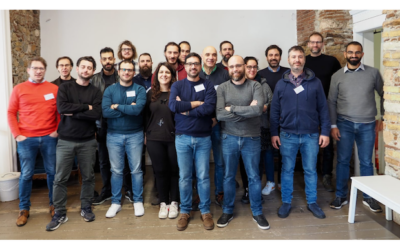The Red Hat Collaboratory at Boston University has announced the recipients of its 2024 Research Incubation Awards. Twelve new and renewed research projects received nearly $2 million in funding to support research in topics ranging from reconfigurable hardware to homomorphic encryption, energy efficiency, and training models for autonomous vehicles. This year’s request for proposals targeted projects in the following areas:
- Research software infrastructure for hybrid clouds
- AI research in models, performance, and operations
- Edge hardware and software research
- Trust, including application and edge security and data privacy and protection
Red Hat’s commitment to advancing research and education on cloud computing, machine learning and automation, and operating systems at Boston University began in 2017 and has deepened every year since then under the guidance of Red Hat Research. The Red Hat Collaboratory, housed in the Rafik B. Hariri Institute for Computing and Computational Science and Engineering at BU, fosters collaborations that integrate the rigor of academic research with the power of open source innovation.
Hugh Brock, Director of Red Hat Research, and co-director of the Collaboratory said, “I’m very excited that we’ve continued to provide opportunities for BU faculty and students to work with Red Hat engineers and other industry partners. As these collaborations grow and build on each other, I look forward to bringing in new engineers and academic researchers to solve real-world industry and social challenges.”
As BU professor and Collaboratory co-director Orran Krieger explained, “Researchers tend to work on projects where they can control all the variables. Engineers are often so focused on the next incremental change that they don’t have time to work with state-of-the-art research. Collaboration between the two enables research projects that can have a real impact.”
Red Hat’s commitment to open source principles also fuels the effectiveness of the Collaboratory model. “In many ways, this is an ideal academic-industrial partnership, where BU researchers can ground their work in the significant experience of Red Hat engineers, yet continue to do fundamental research of interest to the broader community,” said BU professor and part of the Collaboratory core team Ari Trachtenberg. “Red Hat’s focus on open sourcing its work makes it a natural—and distinctive—industrial partner in this endeavor.”
Heidi Dempsey, head of Red Hat Research US, said “We learn a lot by working with researchers who are on the cutting edge of performance, privacy, and sustainability efforts. It is great to bring these new results and capabilities into Red Hat, where we can eventually have a big impact on products and improve the environment for cloud users. The sum is truly greater than the parts.”
These are the principal investigators (PIs) and projects receiving funds:
Speculative projects
- Jonathan Appavoo, Symbiotes: a new step in Linux’s evolution
- Manuel Egele, Lock ’n load: deadlock detection in binary-only kernel modules
- Eshed Ohn-Bar, Minimal mobile systems via cloud-based adaptive task processing
Small projects
- David Starobinski, Improving cybersecurity operations using knowledge graphs
- Jonathan Appavoo, Optimizing kernel paths for performance and energy
- Martin Herbordt, Practical programming of FPGAs with open source tools
- Vasia Kalavri, Towards high performance and energy efficiency in open source stream processing
- Ajay Joshi, CoFHE: compiler for fully homomorphic encryption
- Martin Herbordt, DISL: a dynamic infrastructure services layer for reconfigurable hardware
- Jonathan Appavoo, Discovering opportunities for optimizing OpenShift energy consumption
- Manuel Egele, HySe: hypervisor security through component-wise fuzzing
- Eshed Ohn-Bar, Co-Ops: collaborative open source and privacy-preserving training for edge and automotive AI
All software developed by these projects will be available under an open source license, and all results will be made publicly available. Red Hat Research regularly updates on Collaboratory progress and announces engagement opportunities through Red Hat Research Quarterly Magazine, its searchable project database, blog, newsfeed, and live in-person and virtual events. Contact Jen Stacy, Senior Project Manager with Red Hat Research, for more information.

